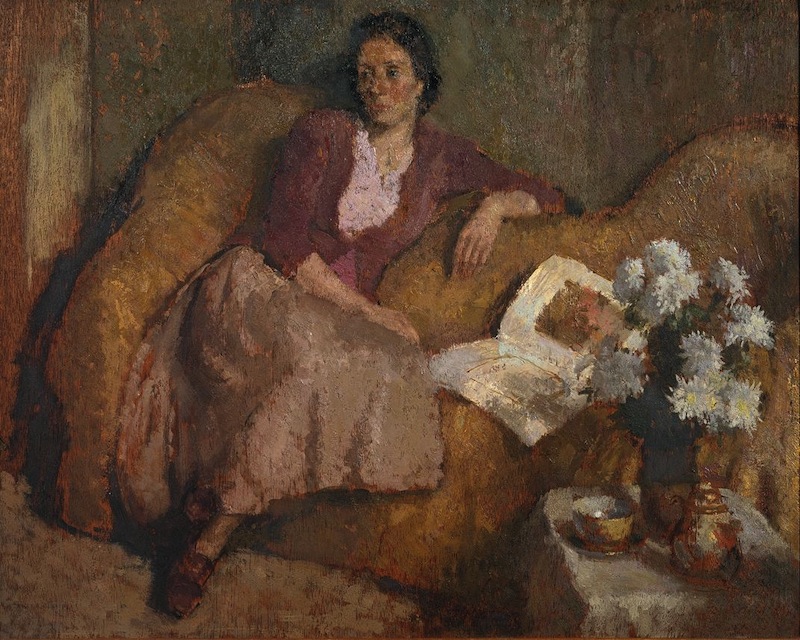Relief Issue 7.2 Thinks You're Pretty Smart
Brad Fruhauff
As we get ready to print 7.2 (debuting at the Festival of Faith and Writing next week), I've been noticing how many of the pieces ask so much from the reader. If art is, or can be, a difficult pleasure, then I think you'll enjoy issue 7.2, but in that Relief-y way that isn't satisfied with pat answers or disingenuous questions.
Of course, this means that the issue as a whole, which is to say our authors, think that you as readers are pretty smart and can handle some uncertainty, some openness, and some unrestrained wonder—if you're into that kind of thing. The teacher in me wants to make sure you're not among those who sell themselves short. Most people are better readers than they think; as often as my students say they're "not smart enough" for the poems or short stories we read, but when I ask them for their responses, their questions and gut reactions are often right in line with what the piece invites and evokes.
I'll highlight just our Editors' Choice recipients to give you an idea of what to look forward to. In fiction, Amy Krohn's "Master of Light" reads like memoir, it's so full of those inarguable facts that are so indifferent to its heroine's fantasy. Not only that, but Krohn manages to pull off an entire story in second-person narration without it feeling in the least like a cute gimmick. Her story asks "you" to think about what it would mean if your farmer husband suddenly turned missionary and left you behind. The answer "you" come to is both easier and harder than you might expect.
In CNF, Angi Kortenhoven shares an encounter with one of her own students, years later, seeing all his potential being rubbed away by the banalities of daily life. Kortenhoven ends on a bitter note, clinging to hope almost in a plea to the reader to nod in affirmation. She's not offering hope, but asking you whether you can find it in yourself.
Finally, in poetry, Bob Denst adds a subtle twist of playfulness to scenes that are ultimately about great beauty and sometimes sublimity. His "Wildland," in particular, powerfully reverses the normal questions we ask about God's actions or will when natural disaster strikes.
These authors represent some of what I love most about what we do at Relief, finding the stories and memories and metaphors that represent the mysterious or ineffable without trying to tame it.
(Painting by Henry Lamb)
